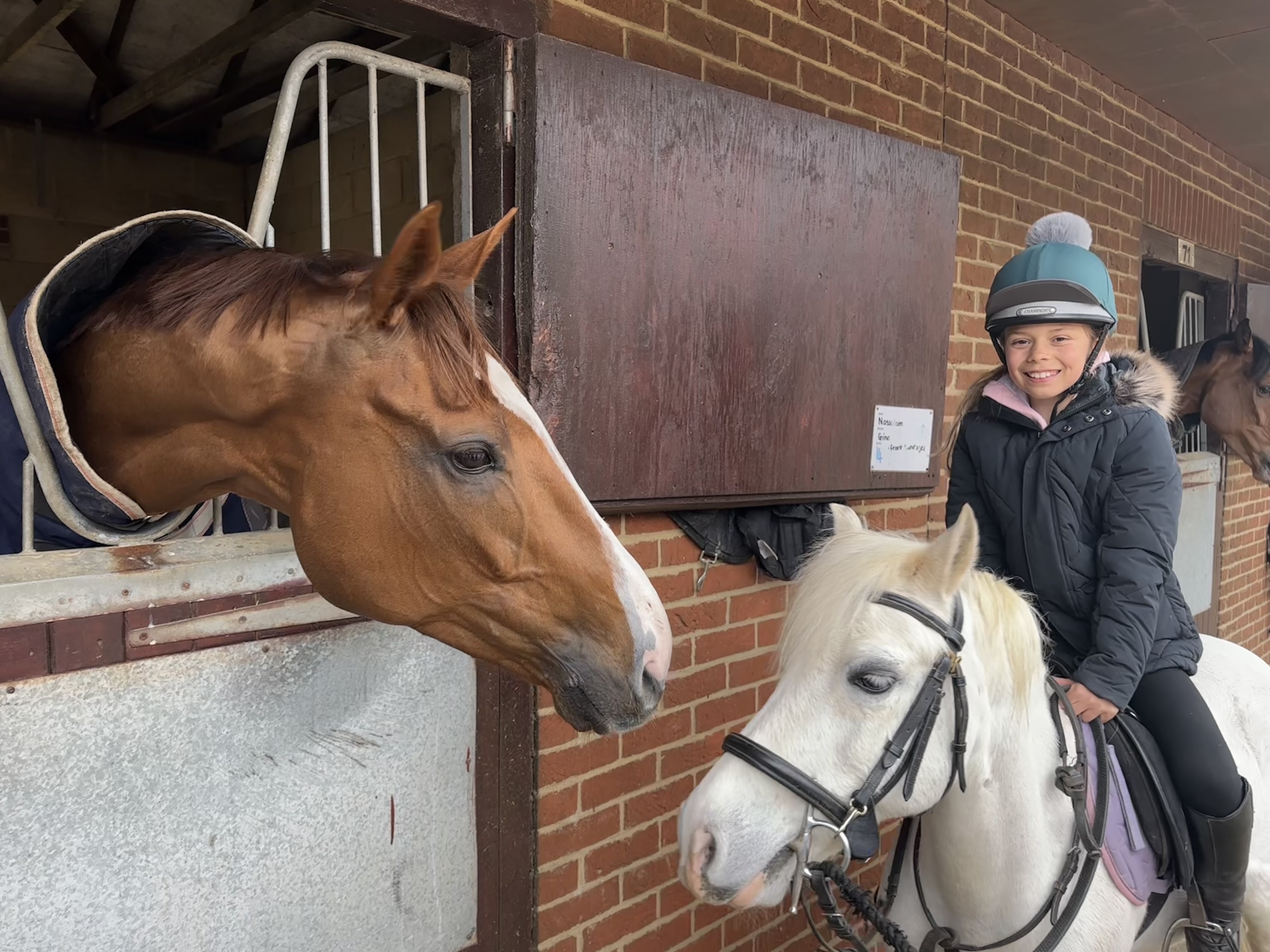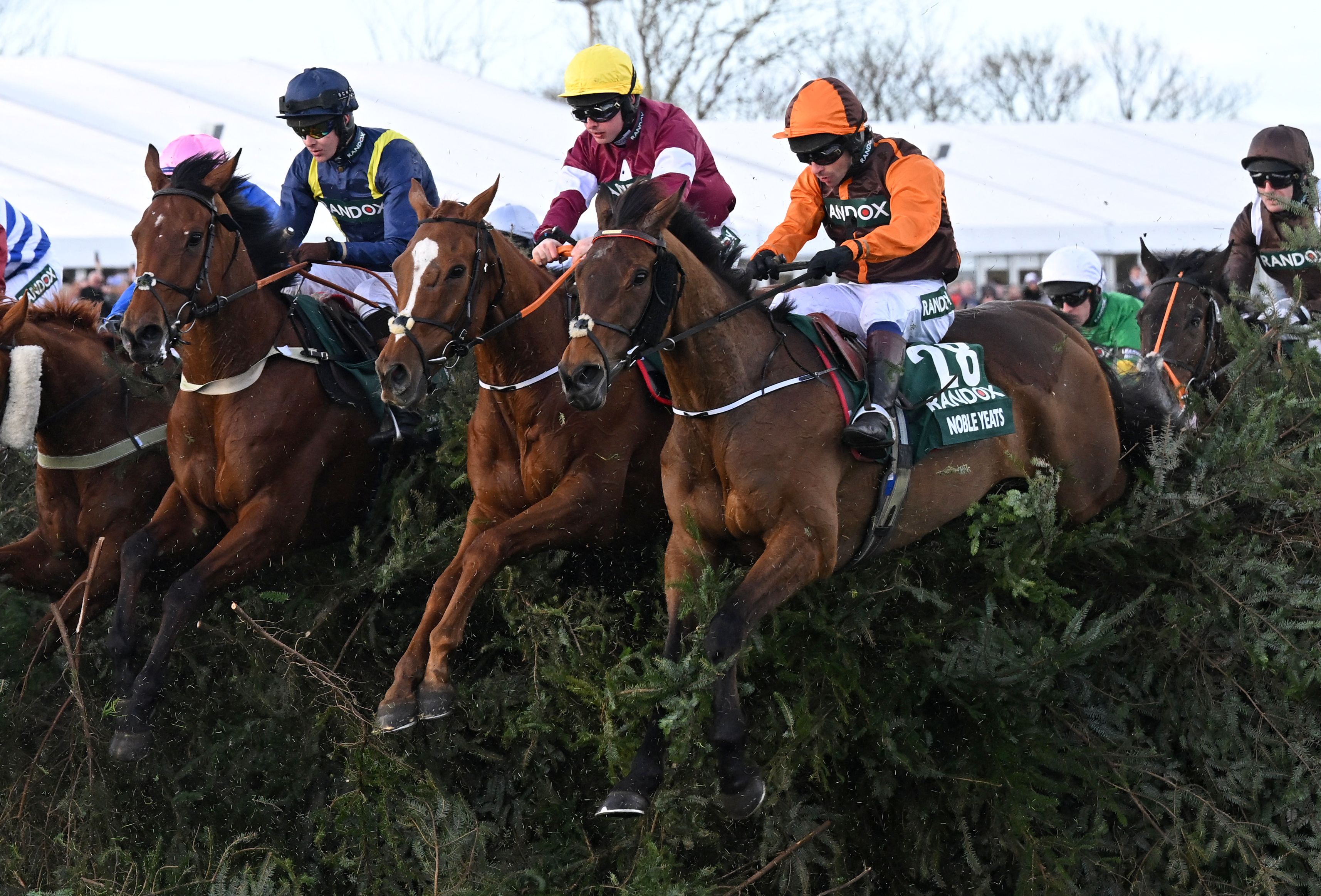Activist Movement Shift
A new kind of 'rising' may shake up Aintree next week, with a group called Animal Rising deciding to halt direct action against the historic race. However, a new threat looms with 'Punter Rising' causing concern for those involved.
Concerns Over Betting Access
Concerns rise over online betting accessibility at the Grand National, as punters worry about intrusive affordability checks impacting their ability to place bets. This could deter once-a-year punters from participating in the event, potentially causing a significant loss for horse racing.
Financial Stakes
With up to £250 million riding on the Grand National and significant tax revenues generated, any disruptions to the event could spell trouble for the sport. The issue of affordability checks and changing betting terms add to the growing challenges faced by the industry.
Looking Ahead
As preparations for the Grand National continue, the focus remains on ensuring a clean race and a fun experience for punters. Despite the evolving landscape of the event, the tradition of enjoying a flutter on the world's most famous race remains a highlight for many.

Top Contenders to Watch
With the race approaching, contenders like Corach Rambler, Vanillier, I Am Maximus, Noble Yeats, and Nassalam are in the spotlight. As the excitement builds, the anticipation for a thrilling and safe race intensifies, keeping the tradition alive for years to come.
Frequently Asked Questions
How do horse trainers prepare their horses for racing?
Trainers are meticulous in their preparation of horses for races. This includes a combination between physical conditioning, nutritional training, and mental coaching. They design customized workout routines designed to increase strength, speed and stamina. Trainers work with horses to provide them with a good diet and maintain energy.
How does a horse’s fitness level before a racing event get determined?
Fitness is measured by veterinary check-ups, trainer observations, as well as performance in workouts. Vets check horses for signs of illness or injury, and trainers keep track of their performance during training. The horse’s behavior leading up the race may also give insight into the horse’s readiness to compete.
What are the major horse racing events?
Some of the most illustrious events in horse racing include the Triple Crown of Thoroughbred Racing in the United States, which comprises the Kentucky Derby, Preakness Stakes, and Belmont Stakes. Dubai World Cup is a race that has a lot of international recognition. Other races are the Prix de l’Arc de Triomphe (France), Royal Ascot (United Kingdom), and Melbourne Cup (Australia). These prestigious racing events draw the world’s best jockeys, horses, and trainers.
What factors influence the outcome of a horse race?
Numerous factors can influence the outcome a horse race. These include the horse’s condition, its breeding, and its training. Additionally, jockey experience and skills, track conditions, weight, and distance are all important factors. Weather is also a factor, since some horses are better at performing on specific surfaces or in certain conditions.
What is the importance of the bloodline of the horse in racing?
It is important to know the bloodline of your racehorse, as it will reveal its traits, such as speed, stamina or temperament. All these are crucial factors for racing success. Breeders often refer to a horse’s pedigree when predicting its potential and suitably match stallions with mares to produce offspring with desirable characteristics for racing.
Statistics
- Horse racing is known to support roughly 1.4 million full-time jobs in the United States alone.
- The Melbourne Cup, Australia’s most prestigious horse race, sees an average attendance of over 100,000 spectators each year.
- The average racing career of a Thoroughbred horse spans approximately three to four years, after which many pursue breeding or other equestrian activities.
- The Kentucky Derby, one of the most watched horse racing events, has attracted over 150,000 spectators in a single event.
- There are over 9.2 million horses in the United States, with a significant portion of these bred for the purpose of racing.
External Links
britishhorseracing.com
bloodhorse.com
nhra.com
equibase.com
kentuckyderby.com
How To
How To Read Horse Racing Programs
Reading a horse racing program involves understanding key information about the races and the horses. Look at each horse’s statistics including past performances, winnings, and training. You can learn about the success and experience of a jockey by looking at their statistics. Attention should be paid to the type and distance of race, since some horses do better in specific conditions. The program will also include a horse’s class level, racing history, and lineage, giving you an overall picture of its potential performance. The morning line odds will give you a rough idea of a horse’s chances for the race, as assessed by handicappers.

